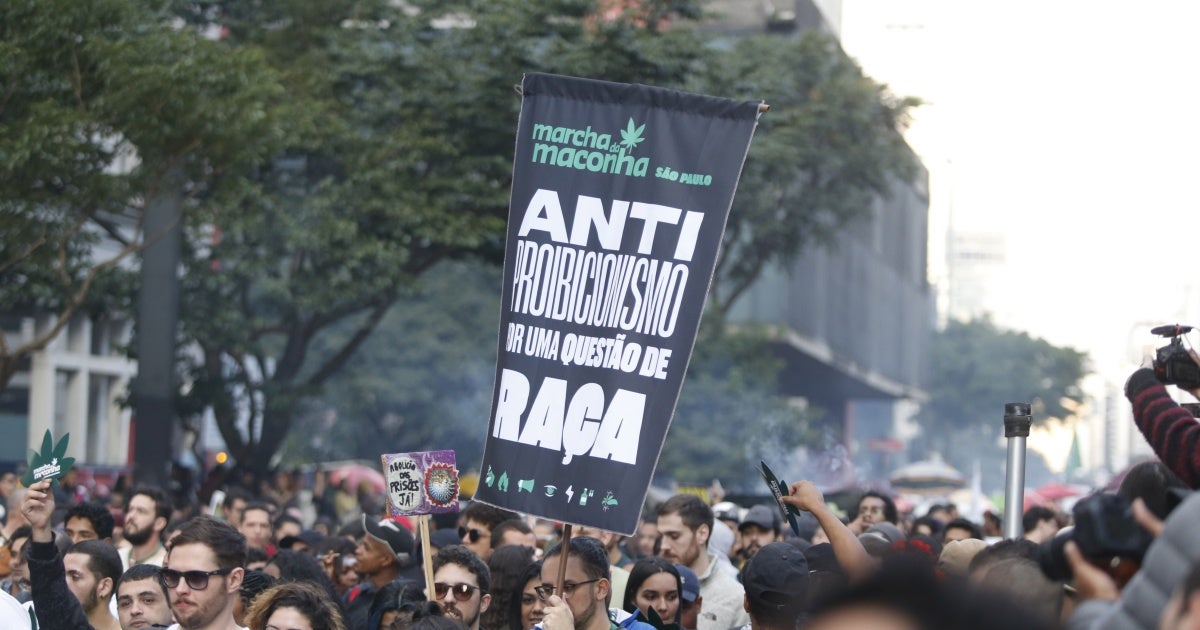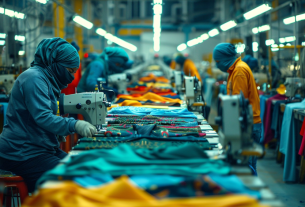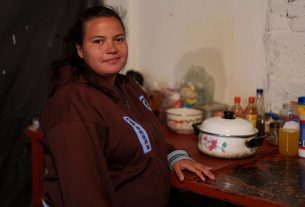(São Paulo) – Brazil’s Congress should reject a proposed constitutional amendment that would entrench the criminalization of drug possession for personal use.
The Senate is expected to vote in the coming days on an amendment to article 5 of Brazil’s Constitution, which guarantees the right to privacy, that would restrict that right by criminalizing the possession of illegal drugs regardless of quantity. If approved, the proposed amendment would be put to a second vote at the full Senate and then go to the Chamber of Deputies.
“Decades of drug policy failure in Brazil should make clear that criminal law is simply ineffective to address the harmful use of drugs and leads to serious human rights abuses,” said Andrea Carvalho, Brazil researcher at Human Rights Watch. “Instead of cementing a failed policy in the constitution, lawmakers should follow the example of many other countries by decriminalizing the possession of drugs for personal use and developing effective health strategies to prevent and respond to problematic substance use.”
Current law already criminalizes drug possession for personal use, but introducing this language in the constitution would make it much harder to pursue much-needed drug policy reforms in Brazil, Human Rights Watch said.
The president of the Senate, Rodrigo Pacheco, has made clear that the constitutional amendment is a pre-emptive attempt by lawmakers to counter an upcoming Supreme Court decision that could improve drug policy, Human Rights Watch said. Pacheco introduced the proposal on September 14, 2023, a few weeks after the Supreme Court resumed its review of a case that will decide whether current Brazilian law violates the Constitution. Upon introducing the bill, Pacheco stressed that it is Congress that “defines the laws in the country” and other branches of government should recognize that authority.
In March 2024, after the Supreme Court picked up the case again after a pause, Pacheco said that “what motivated” his proposed amendment was a possible ruling by the court to declare the current law unconstitutional. He contended that if the court decriminalized drug use, it would be “invading the jurisdiction” of Congress, as “it is up to the Parliament to decide whether something should be a crime or not.” About a week later, a key congressional committee moved quickly and approved the proposal, which is now being reviewed by the full Senate.
Brazil’s Supreme Court has the authority to strike down a law if it violates the constitution. In this case, it is assessing whether the current law violates fundamental rights. So far, five Supreme Court justices have voted in favor of decriminalizing the use of marijuana and three have voted against. Three other justices have yet to vote. If one of them votes in favor, a Supreme Court majority will have supported decriminalizing marijuana for personal use.
While the current law considers drug possession for personal use a crime, its sanctions do not include prison sentences but instead warnings, community service, or attending educational programs. Yet, having a criminal record subjects a person to discrimination and stigma that can lead to exclusion from jobs, housing, and other opportunities.
Some Supreme Court justices have proposed establishing a threshold quantity of marijuana to differentiate users from dealers. The current law does not determine this threshold, which leaves the assessment of who is a user and who is a dealer at the discretion of the police and the justice system. That opens the door to the discriminatory application of the law.
The proposed constitutional amendment could worsen the problem by entrenching in the constitution that users would be differentiated from dealers by “factual circumstances,” a vague provision that would be open to abuse.
While Black people make up about 57 percent of Brazil’s population, they are 68 percent of the defendants prosecuted for drug offenses. A 2023 study by a research institution linked to the government that examined the decisions in drug cases against 41,000 defendants in the first half of 2019 concluded that “the judicial processing of drug crimes punishes, as a priority, Black, young, and poorly educated people who possess small amounts of drugs.”
The lack of a legal distinction between users and dealers based on clearly-defined parameters has contributed to the explosive rise of Brazil’s prison population in the last two decades. In 2005, the year before Brazil’s drug law came to force, only 9 percent of those in prison were detained on drug charges, compared with the current 28 percent; among women, it is 51 percent.
In addition, Brazilian police regularly use drug law enforcement as a justification for raids into low-income neighborhoods that routinely end in killings. Police have killed more than 6,000 people per year since 2018, the vast majority of them Black.
In Brazil’s prisons, where criminal groups exploit appalling conditions to recruit new members, people who use drugs who have been wrongfully detained and tried as dealers, and small-scale dealers can be forced to seek the protection of the very criminal organizations the law is intended to fight. More broadly, drug prohibition creates an enormous source of wealth for organized crime, fueling corruption and violence.
Rather than criminalizing people who use drugs, authorities should focus on dismantling organized crime groups and the corrupt networks that support them, as well as ensuring accountability for serious violence. Governments should also explore alternatives to prohibition that are less reliant on criminalization and more focused on different forms of regulation and control.
Human Rights Watch research around the world has found that criminalizing the possession of drugs for personal use is inconsistent with the rights to autonomy and privacy, as well as the basic principle of proportionality in punishment. These principles are broadly recognized under international law, including the International Covenant on Civil and Political Rights and the American Convention on Human Rights, both ratified by Brazil.
Criminalization also undermines the right to health. Fear of criminal penalties deters people who use drugs from using health services and treatment and increases their risk of suffering violence, discrimination, and serious illness. Criminal prohibitions have also impeded the use of drugs for legitimate medical research and have prevented patients from accessing drugs for palliative care and pain treatment.
The authorities should rely on non-penal regulatory and public health approaches to address problematic drug use, Human Rights Watch said.
Governments should not punish someone simply for using drugs when they aren’t harming others. To protect third parties from associated harm, such as driving under the influence, the authorities may impose, consistent with human rights principles, proportionate criminal penalties on behavior that causes or seriously risks harm to others, in conjunction with drug use.
“The personal use of drugs should be treated as an aspect of privacy and personal autonomy,” Carvalho said. “Lawmakers who want to address problematic drug use should heed international evidence that shows that decriminalization of consumption, combined with meaningful access to voluntary evidence-based treatment and other supports for people who are struggling, protects and promotes health much more effectively than the revolving door of criminalization.”



